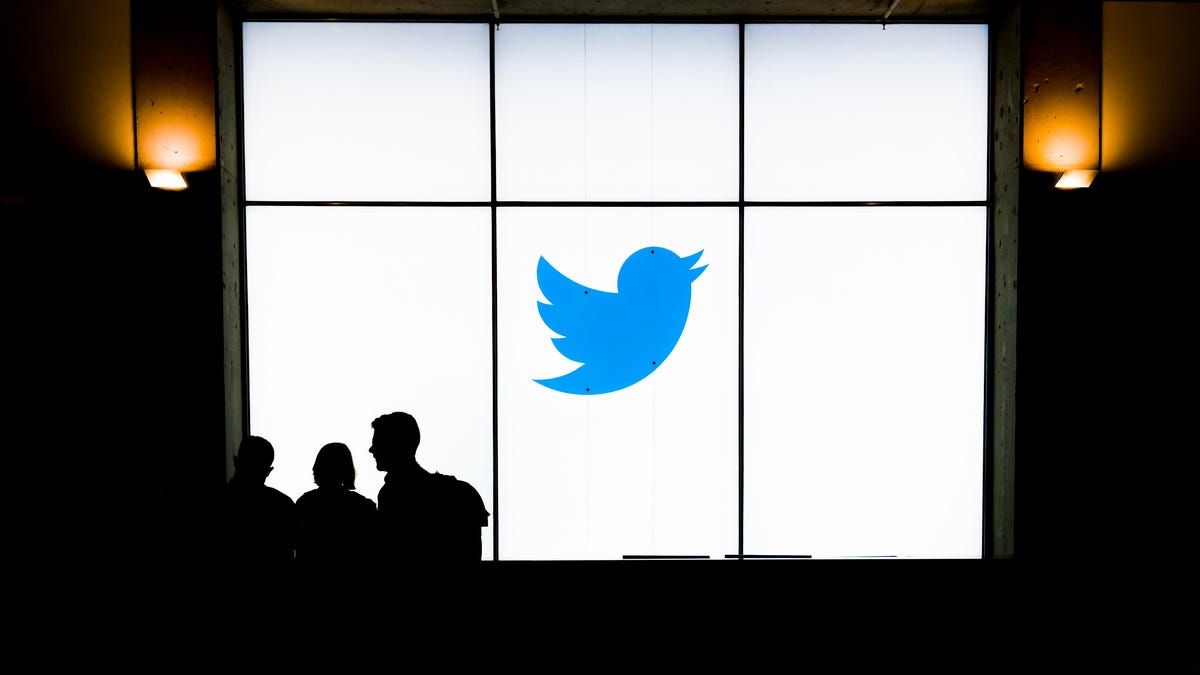Facebook, Twitter and Google will testify to Congress on terrorist content
They'll also address misinformation in the hearing later this month before the House Homeland Security Committee.

Twitter and Facebook will testify on terrorist content.
Facebook , Twitter and Google are scheduled to testify before the US House Homeland Security Committee later this month about online terrorist content. The hearing will also look at the spread of misinformation on social media platforms, as reported earlier Wednesday by Bloomberg Law.
The hearing follows the March Christchurch mosque shooting, which was livestreamed on social media. At the time, Facebook, Twitter, YouTube and Microsoft were asked by the US House Homeland Security Committee to remove such terrorist content as quickly as possible.
Facebook confirmed to CNET that it'll be testifying at the hearing, which will take place on June 26 at 7 a.m. PT and can be livestreamed on the committee's website. Those slated to testify at the hearing, called Examining Social Media Companies' Efforts to Counter Online Terror Content and Misinformation, include Monika Bickert, Facebook head of global policy management; Nick Pickles, Twitter global senior strategist for public policy; and Derek Slater, Google global director of information policy.
Twitter didn't immediately respond to a request for comment.
Following the New Zealand terrorist attack, Twitter and Facebook signed the Christchurch Call alongside fellow tech companies Amazon, Microsoft, Daily Motion, Qwant and YouTube, as well as the governments of Canada, Australia, the UK, New Zealand, Germany, France, the European Commission, Indonesia, India, Ireland, Italy, Japan, Jordan, the Netherlands, Norway, Senegal, Spain and Sweden.
The Christchurch Call, led by New Zealand Prime Minister Jacinda Ardern and French President Emmanuel Macron, is a plan to prevent terrorists from uploading extremist content online, and to increase transparency around tech companies' algorithms and the detection and removal of such content.
The US didn't sign the call.
As of May 2, Google said it had reviewed over 1 million suspected terrorist videos this year alone already.
The spread of misinformation has been a hot topic, particularly in the run-up to the 2020 US presidential election, with deepfakes, fake news and doctored media being spread across social media.
Deepfakes, video forgeries that make people appear to be doing or saying things they didn't, are the moving-picture equivalent of bogus images created with programs like Photoshop. Deepfake software has made manipulated videos accessible and increasingly harder to detect as fake.
Congress is looking to investigate deepfakes following the appearance of doctored videos of US House Speaker Nancy Pelosi and amid fears that deepfakes could escalate the fake news campaign during the presidential race.
Originally published June 19 at 12:10 p.m. PT.
Update, 12:59 p.m. PT: Adds confirmation and detail on Google.

